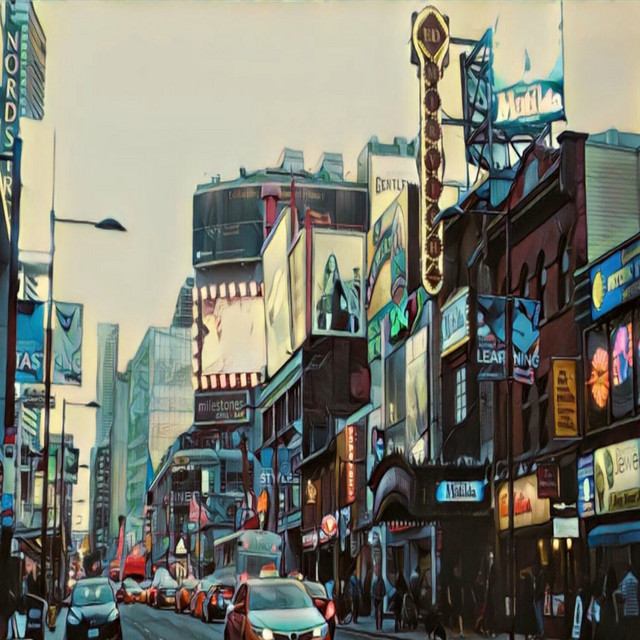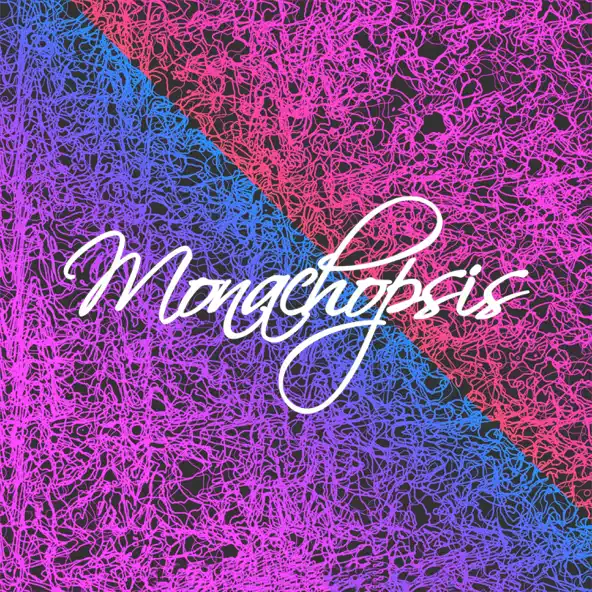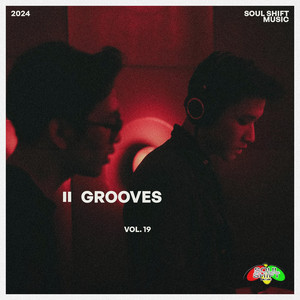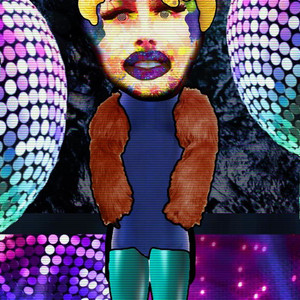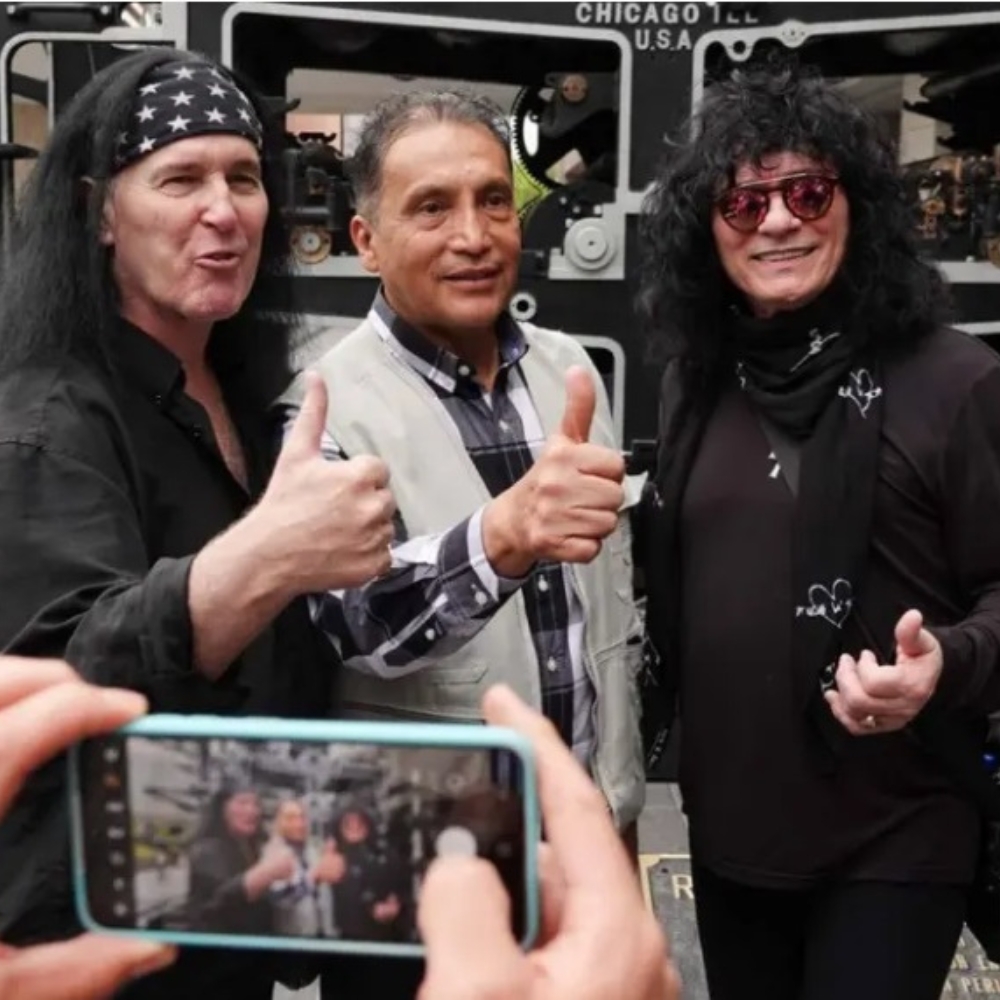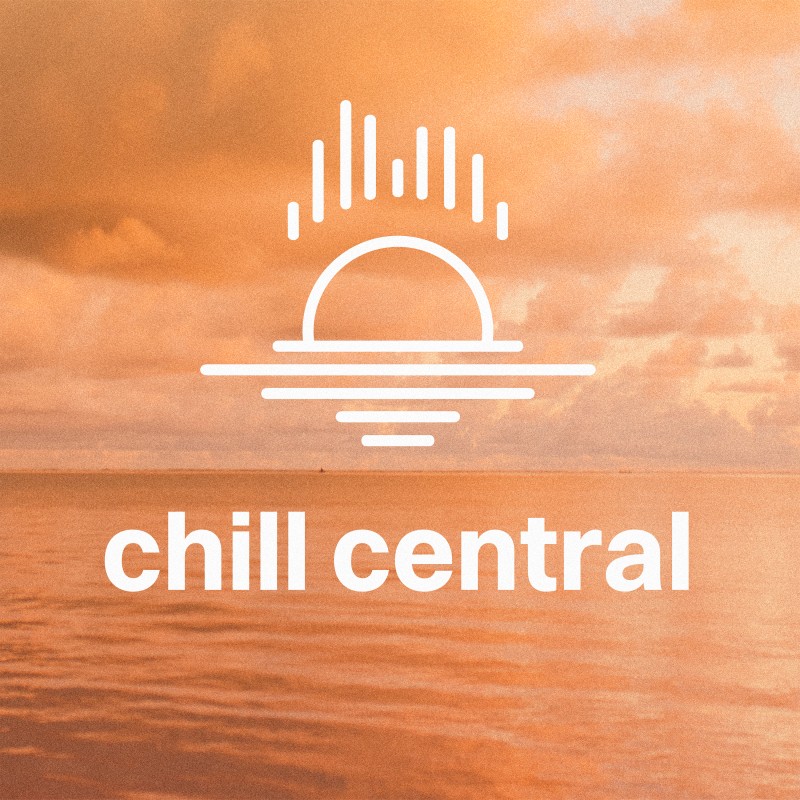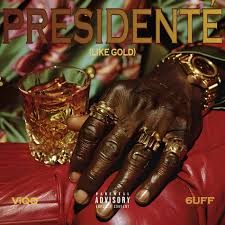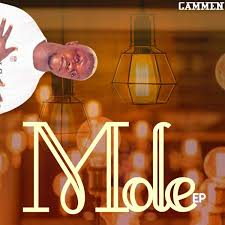blue pie news
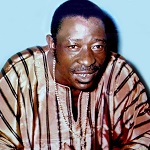
Dr. Orlando Owoh is vintage old school, and beloved the world over for his contributions in pioneering Nigerian musical styles. His estate still manages attention from legions of fans, and his music remains a great selection of earworms even to this day. Today we take a look back to the past to find out just why that is, and why Blue Pie is so lucky to share in his rights.
A household name in Nigeria, Dr. Orlando Owoh enjoyed a durable popularity that has cut across generational lines in his home country and beyond. Leading groups such as the Omimah Band, the Young Kenneries, and the African Kenneries International, Owoh remained popular even as Nigerian tastes shifted to the newer Juju and Fuji styles! Before this transition, the hot style in Nigeria and Ghana was called Highlife. It developed from a traditional Yoruba genre called “palm wine music”, overlaid with danceable guitar rhythms, and, in the hands of many musicians, it also contained a strong element of Trinidadian calypso. Owoh combined this aesthetic with a traditionalist spin on things to make his own brand of excellent sound. His story, like that of many musicians, is a progressive journey in which we can see his choice in musical trends shaping in response to the events in his life. He travelled far in the music world before his passing, and is remembered to this day even outside of his devoted Nigerian fans.
Owoh’s first big break came when he was hired as a musician by Nigeria’s Kola Ogunmola Theatre Group, one of the country’s first theatrical troupes. Owoh played drums and sang with the group when England’s Queen Elizabeth visited Ibadan, Nigeria, in 1956, and he continued to perform plays mounted at the University of Ibadan. Performing with several bands, including one called Akindele (or Dele Jolly) and His Chocolate Dandies, and in another called the Fakunle Major Band, Owoh realized that music in West Africa was developing in a new direction, and sought out lessons on the electric guitar from musician Fatai Rolling Dollar.
In Owoh’s music, the sophisticated Caribbean-style horn arrangements of Highlife were deemphasized in favor of Owoh’s guttural voice, guitar, percussion, and down-to-earth lyrics. Owoh formed his first group “Orlando Owoh and His Omimah Band” around 1960, and quickly recorded their first single, “Oluwa, lo ran Mi” (“God has sent me”) on the Nigerian branch of the Decca label.
Owoh’s grassroots take on Highlife music led him into political realms in the turbulent Nigeria of the 1980s. Ronnie Graham, in The Da Capo Guide to Contemporary African Music described his music as featuring “saucy and provocative lyrics,” and Owoh apparently ran afoul of the Nigerian government. He was also imprisoned for six months on cocaine possession charges. Graham, in his book The World of African Music,) noted that Owoh was “associated in the public mind with various forms of drug abuse,” but Owoh later denied the charges.
“I cannot forget the experience. It’s so painful,” he told Ajirire. “They say I sniff cocaine, it’s a lie…. Do I smoke Igbo [marijuana]? No, I don’t smoke Igbo, what I smoke is Ajuwa. Ajuwa is our local herbs.”
Despite this pain, he continued practicing his craft, and he accomplished what he wanted in the first place – his music was noticed, and not just because of the political allegations, but because of his talent captivating those around him. Even nowdays when you look at his brand-new website, you can see just how vast his catalogue is, and with it, how equally vast his experience is! It’s fascinating to look back and see what journeys he went on to arrive here. Even through the tumultuous political world Owoh had stepped into, it wasn’t over for him just yet… sweeter, calmer horizons were approaching.
Owoh notched several hits in Nigeria in the 1960s, but his career was slowed between 1967 and 1970 by the country’s civil war. Owoh fought for the Nigerian government against the country’s Biafran rebels. After the war he recorded a major hit called “Oriki Ilu Oke,” and his fame spread to Nigerian expatriate communities. In 1972 he played in London, England, at a graduation ceremony for Nigerian law students, and went on to perform on a larger bill that included South African legend Miriam Makeba. “I played at the African center on October 1, 1972. That was where I was honoured with the doctorate degree in music,” Owoh told the NigeriaArts website. From then on he was often known as Dr. Orlando Owoh.
Gaining fans as a result of these initial appearances, Owoh toured the United Kingdom and appeared in the Netherlands, Belgium, and Italy. He also performed in the United States in the 1980s and 1990s, but although his music was widely available in Britain, he enjoyed only one U.S. release, Dr. Ganja’s Polytonality Blues, a 1995 reissue of earlier Omimah Band and Young Kenneries tracks. Back in Africa, Owoh’s LP albums on the Decca, Electromat, and Shanu Olu labels were consistent hits. He eventually gave up trying to keep track of the number of releases, but estimates have placed it above 40.
Around 1975, Owoh named his backing group “His Young Kenneries”, a term that later changed to “His Africa Kenneries International”, or “His African Kenneries Beats International”. The word “Kennery,” (also spelled Kenery or Cannery) seemed to be related to the word “canary.”
“They say my voice is unique like that of a bird called Cannery,” Owoh told Ajirire. “And in truth, if you see Cannery, it has the colour of a rainbow and its voice has different tunes.”
As Western production electronics began to infiltrate the music of other West African bands, Owoh stuck to his low-tech approach. Dubbed the “King of Toye” as he created his unique musical mix, Owoh entered each of his decades of performing with his prowess and popularity undiminished. Heard today, his music sounds distinctly more traditional than that of other Highlife bands and strongly evokes the music’s rootsier base. He also generally remained true to the small guitar-band format of Highlife, rather than adapting his style to the huge, kinetic ensembles of the rising juju genre of King Sunny Ade and his African Beats, although some of his records were designated as Juju on their printed labels. He sang mostly in Yoruba, but recorded music in English on occasion. His recordings, like those of other African musicians, consisted of long, dance-suitable medleys of connected pieces; they gave only a small slice of what would occur during an actual Owoh performance, which might last all night. His excellent collection across his Spotify profiles and the rest of his online presences reflect his diverse talent from throughout the ages.
His legacy has recently gained a new coat of paint, with a restored website, masters, and brand new artwork for the Dr Orlando Estate – prior to this, the estate never saw a royalty from his old man, so this has been a long time coming! Check out these links below to see everything you need to see about Dr. Orlando, all in one streamlined collection!
- OFFICIAL WEBSITE www.drorlandoowoh.com
- BLUE PIE BIO www.bluepierecords.com/artist/dr-orlando-owoh
Dr. Orlando Owoh left his mark on the world in multiple ways. To Nigerians and Ghanaians, he will not be forgotten for his contributions to their culture, and his reinvention of existing genres and trends. To the political world, he will not be forgotten for how he stood against the establishment. And of course to the music world, he will never be forgotten for how he united the planet under songs that Africa should be proud of. Like a proud canary, his songs elevated the world to a height that can never leave us.




























